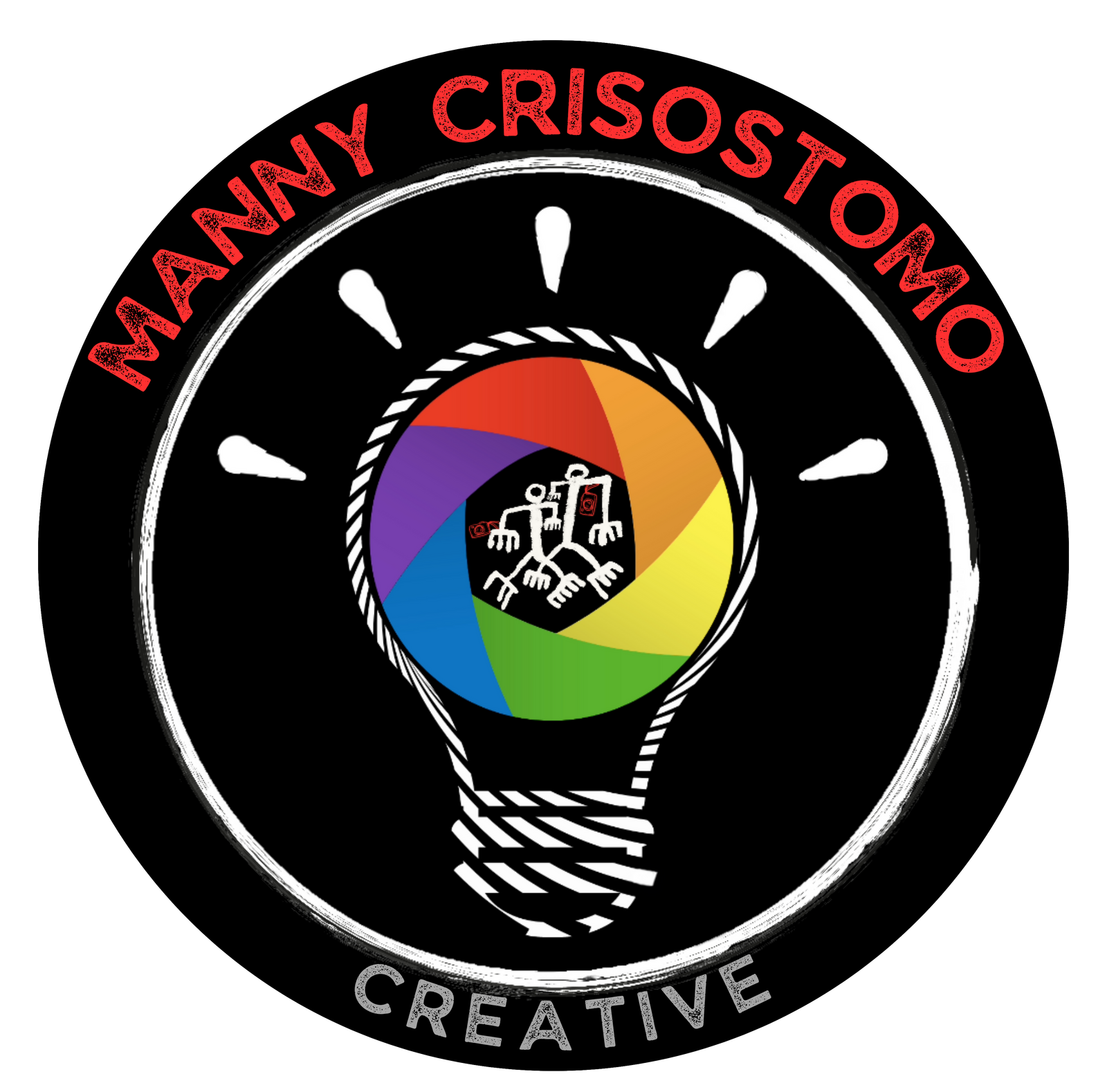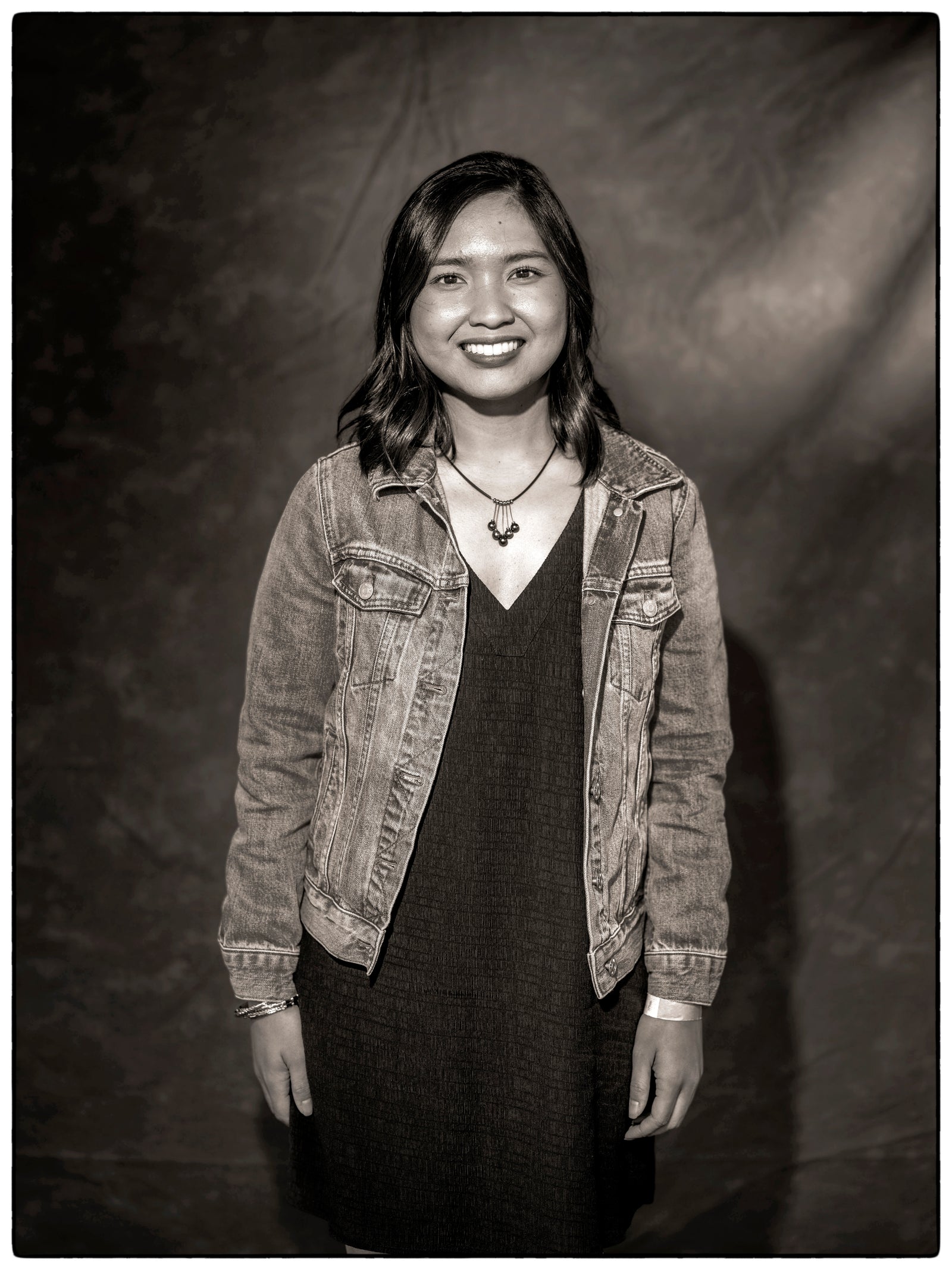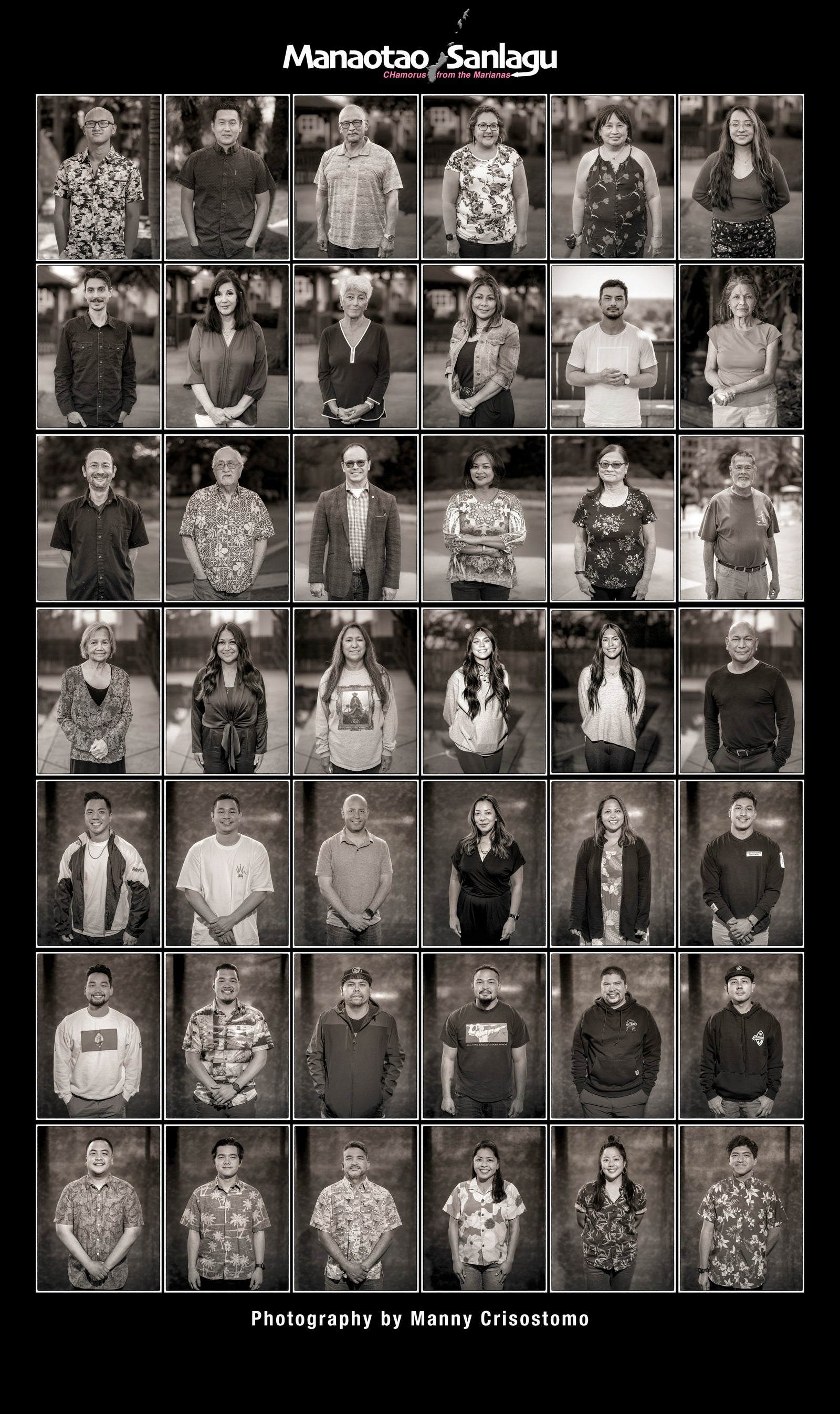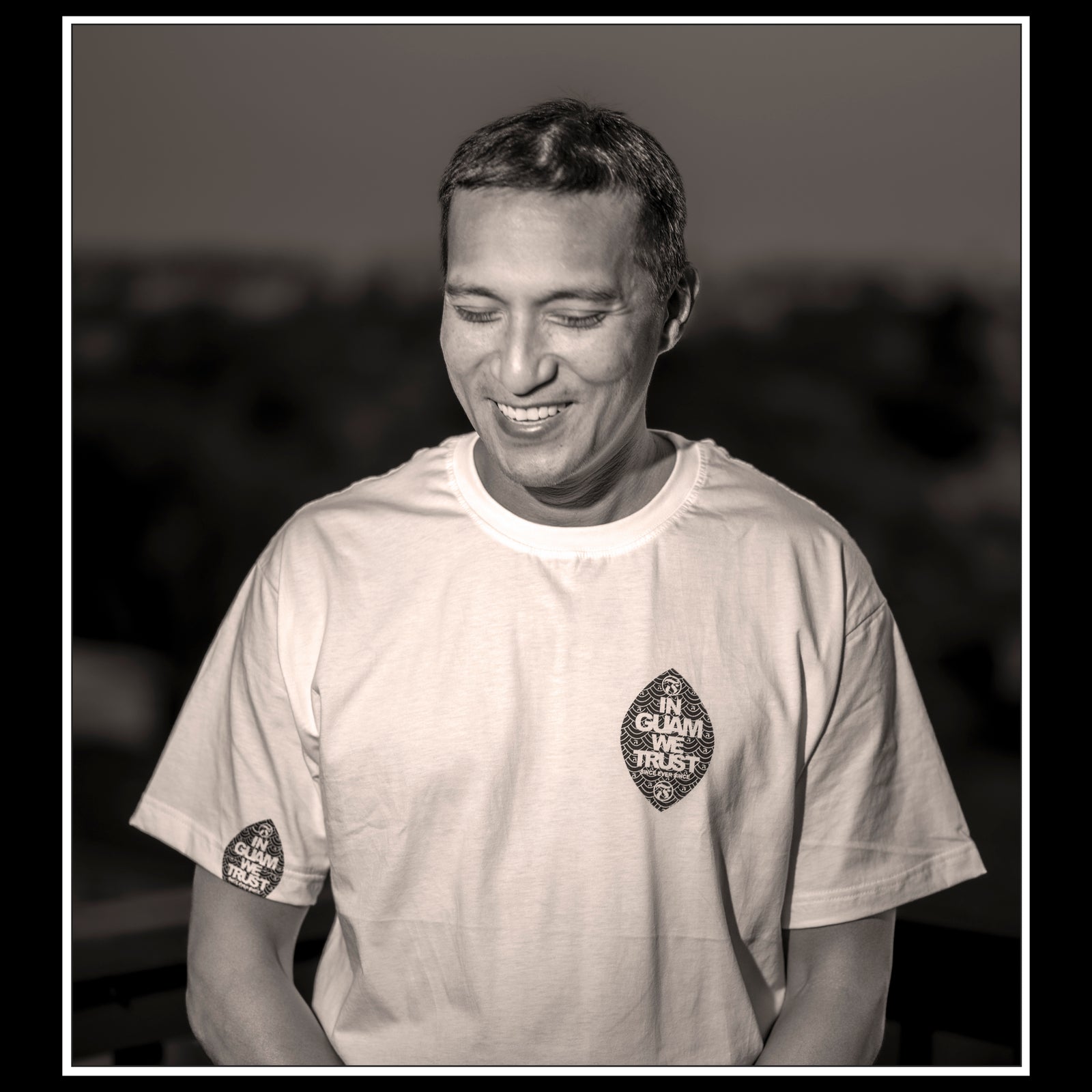By Manny Crisostomo
Rod Taitano found a balance between his ambition as a technology professional and his mahalang blues for Guam.
In 2006 the data center engineer was one of less than a thousand employees working long hours and on call 24/7 at a Silicon Valley startup called Salesforce.
The startup went on to become a giant in the customer relationship management world, with more than 56,000 employees around the globe.
Taitano retired recently as director of the enterprise software company’s western region data center operations with sites in San Francisco, San Jose, Phoenix, and in Yokohama and Kobe, Japan.
But his demanding and fast-paced job didn’t deter him from booking trips to Guam for “emotional refueling” and an annual February pilgrimage back to Guam for his family’s fiesta.

“The thing about the Yigo fiesta is that it is better than Christmas, because on Christmas you only see your immediate family but at the Yigo fiesta you see cousins, distant cousins and friends,” he said. “They all come together, that’s why I go home every year for the fiesta.”
Rod Taitano’s parents are Maria Castro San Nicolas, familan Asan, and Juan Guerrero Taitano, familian Inchik. The 65-year-old is No. 8 among 11 siblings and the family lived in Didigue, Sinajana, before moving to Yigo after Supertyphoon Karen.
“My mom wanted to show appreciation for moving from Didigue to a new village,” he said of the parents’ commitment to hold a fiesta for Our Lady of Lourdes, the patron saint of Yigo.

‘We always have a good spread’
Both of his parents have since died but Rod Taitano and his siblings have continued the fiesta that has now stretched for over five decades.
In 2020 for the Our Lady of Lourdes Catholic Church 100th Anniversary celebration, the Taitano clan hosted its 55th straight year of opening up their homes and serving up a spread of Guam food for family, friends and newcomers to the island. Due to the coronavirus pandemic, the Taitano family didn’t host a fiesta this year.
“You are expected to clean up and spruce for the big day, everybody works, they put in a week of work before,” Rod Taitano says of the preparations.
“One of the siblings sends out a spreadsheet before the party that we sign up for. There are 11 of us and we always have a good spread and always have a good gathering in our backyard. We have to make sure there is enough food for everybody that shows up and also for balutan.”

Working while on vacation
He also has to balance the familial and work demands on his trips home. “Just because I am on vacation doesn’t mean I am completely away from work, I don’t throw away my cell phone, I am writing audit reports in Guam for the data centers I manage. I am still on top of things,” he said.
Rod Taitano joined the Navy and left Guam in 1976. He spent six years in the Navy doing tactical electronic warfare before enrolling at Sacramento State University and getting a bachelor’s degree in industrial engineering.
“The reason why I left Guam was because I saw a better opportunity out here for myself for my career,” he said.
‘I became marketable’
But he found himself missing the island so much that he moved back in 1995 and worked for a local computer service company repairing and installing computer systems.
“It was really sad, they were only paying 11 dollars an hour,” he recalled. That’s nothing, I just gave it to my mother and said, “Here mom, play bingo.”
He didn’t last year working on Guam and moved to the San Francisco Bay Area. “I was in my 30s and was going nowhere fast and I was frantic so I came back out here,” he said.
He hustled, learning and studying and piling up certifications for a bunch of different operating and network systems. “Pretty soon I became very marketable and that’s all she wrote man.”
Building out data centers
He moved from systems and network engineering jobs around the Bay Area before landing the data center engineer job at Salesforce.
“Just imagine the data centers — we are talking of millions of millions of dollars of equipment — that you are in charge of and maintaining on a regular basis. It’s a huge responsibility, not only does the company rely on you to take care of the data but the customers that are housing their data in there rely on you,” Rod Taitano said.
“My projects sometimes go up to several months building out a data center, we have to talk about facilities engineering, the cooling and heating, setting up fencing that is secure, and setting up cameras with fingerprint and eye scan biometrics.”
‘A little bit of home is with me’
Late last year Rod Taitano retired from Salesforce. “With technology changing every six months, if not quicker, I realized it is not for me anymore,” he said.
“I don’t want to keep retraining myself or keep upgrading myself to get to the next level of technology which is artificial intelligence or machine learning.”
Nowadays he spends his morning watching his stocks and making trades in his San Francisco East Bay home of El Sobrante, where tropical plants cover his front yard, paintings of lemai and aga’ adorn the house and a grove of bamboo rustles with the winds.
“When I step in my backyard, I am comforted that a little bit of home is with me in the states.”

‘Can’t take the island out of the boy’
We talked about quenching the mahalang blues.
“It’s every islander’s dream to have enough to live comfortably here but also be able to go home and do an emotional refueling, hit the beach, be with family and friends, eat the good food, talk CHamoru whenever you feel like it and really get that sense of belonging when you go home,” he said. “My goal is to be able to afford a trip home every year if I can, maybe twice a year if I choose too.
“You have heard that line where you can take the boy out of the island but you can’t take the island out of the boy, that’s how I feel.”
Manaotao Sanlagu is Manny Crisostomo’s ongoing visual documentary of CHamorus from the Marianas living overseas that is featured weekly in the PDN. If you or someone you know would like to be part of this documentary or wish to support this project, contact Crisostomo at sanlagu.com. The project is sponsored in part by Brand Marinade, a CHamoru-owned creative agency in the San Francisco Bay Area.







